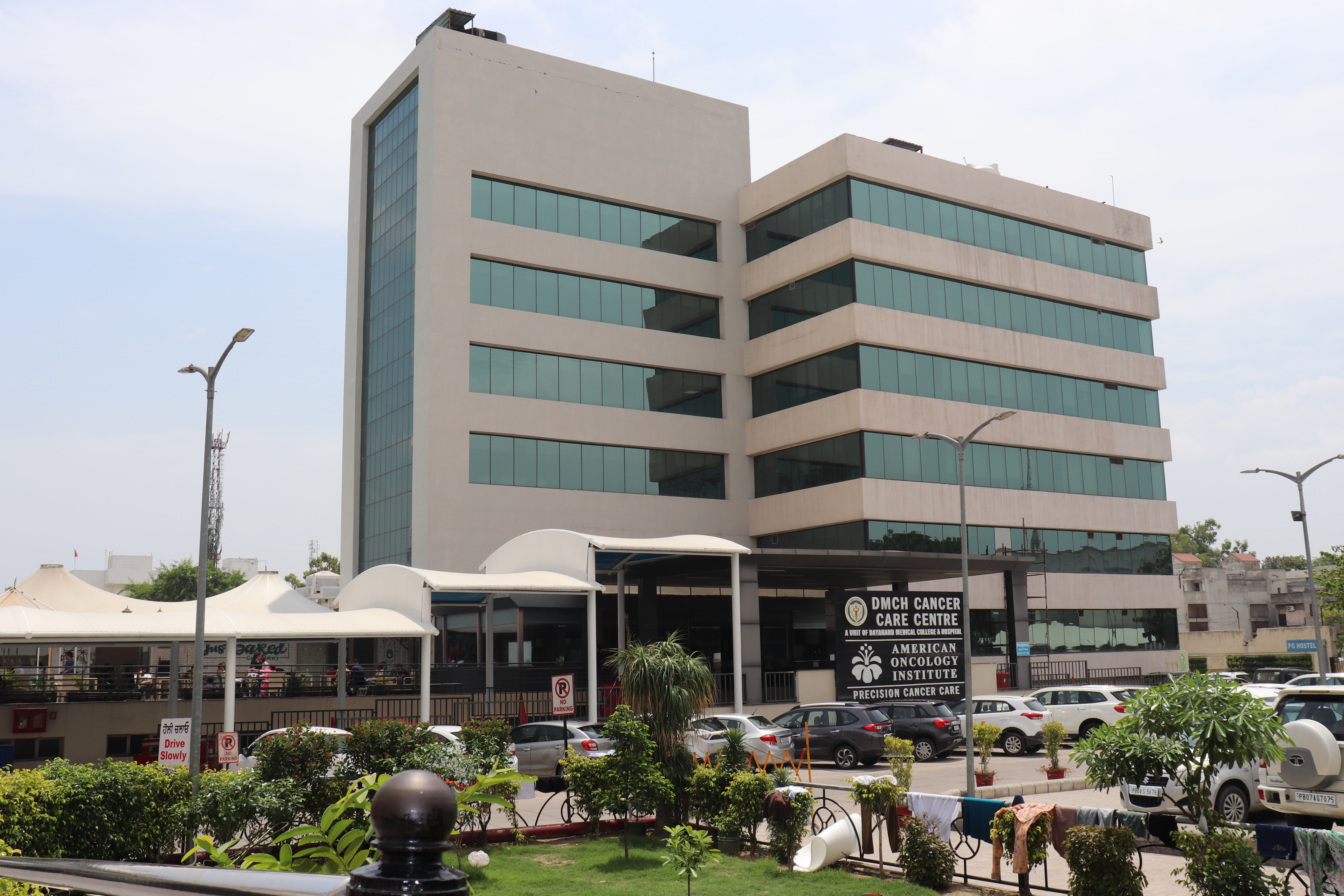A PET/CT scan can be more sensitive than other imaging tests and it helps to diagnose cancer sooner than other tests do. While not all tumors absorb the radiotracer, PET/CT is highly accurate in differentiating benign and malignant tumors.
Positron Emission Tomography-Computed Tomography (PET/CT) is a non-invasive medical imaging technique that provides fast and accurate results for the diagnosis and management of several types of cancer. In PET/CT, functional information obtained by PET and anatomic imaging obtained by CT scan is precisely aligned to the extent that it enables the physician to pinpoint the exact tumor location, size and shape, and helps in making an accurate diagnosis.
In cancer treatment, the use of PET/CT plays a pivotal role as it helps onco surgeons to see the complete and most accurate images of a patient’s tumor and surrounding body structures. This helps to detect cancer in its early onset, determine the spread of cancer in the body and assess the effectiveness of a treatment plan.

AOI stands at the forefront of treatment excellence offering precision cancer care for all types of cancers for all age groups and genders.

An expert team of cancer care specialists
With you in your journey to better health
Personalized care & treatment
Seamless access to our services
A PET/CT scan can be more sensitive than other imaging tests and it helps to diagnose cancer sooner than other tests do. While not all tumors absorb the radiotracer, PET/CT is highly accurate in differentiating benign and malignant tumors.
On the day of your scan, you will be injected with a small dose of a radioactive tracer called FDG. You will then relax for up to 90 minutes while the FDG circulates through your system and gets absorbed by your body’s cells.
The second part of the PET/CT scan is the actual imaging procedure. You will be positioned on a scan table that moves through the scanner at regular intervals. Generally scanning takes about 20 to 30 minutes.
You don’t have to follow any restrictions after a PET/CT scan and can go about doing your normal activities. To help eliminate the FDG tracer from your body, drink plenty of fluids. Also, because you would have fasted for four hours, you should eat something right after the scan.
You will be asked to fast for about four hours prior to the scan. Water is allowed, but other liquids or foods are not allowed. All metal will need to be removed before you go for scanning, including clothing with zippers, jewelry, watches, keys and coins, etc.
If you are a diabetic who is insulin-dependent, you will need to check with your doctor for specific instructions.
The PET/CT report will be sent to your referring doctor as soon as it is available—usually within 24 hours of the exam. Your doctor will then discuss the results with you. That said, it will be interpreted by a physician with special training in PET/CT.
